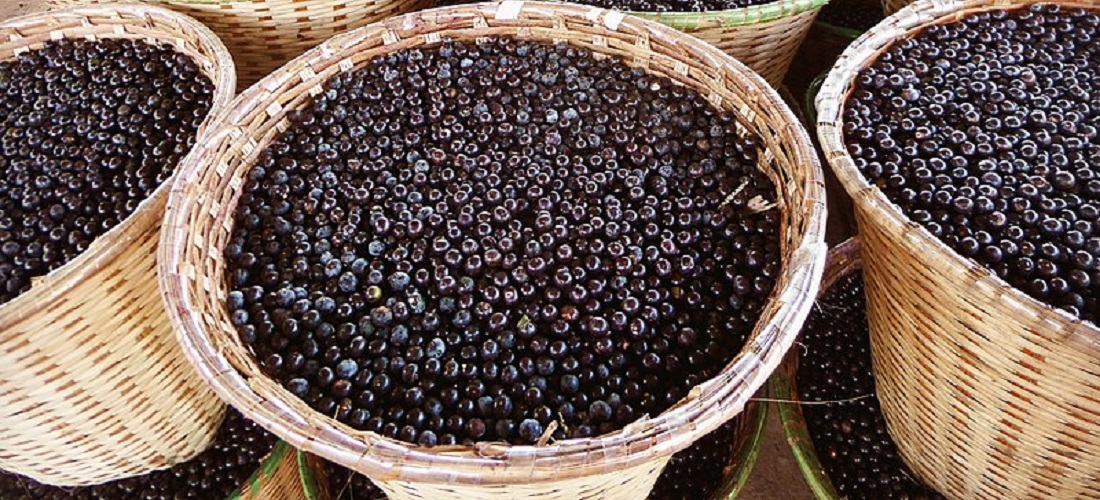
Brazil opened 20 new markets for agricultural products in 2023 to date
May, 24, 2023 Posted by Gabriel MalheirosWeek 202321
Brazilian agricultural products gained two new export destinations on Monday (15). Egypt and India have authorized the import of gelatin, collagen, and açaí refreshments, respectively.
In the case of Egypt, gelatin and collagen from any establishment under SIF that meets the health requirements and is accredited by ISEG Halal are eligible for sale. This market has significant potential, considering that the country imported approximately US$ 6.5 million worth of products in 2021 and 2022. The process of opening this market began in March of this year.
Brazilian açaí is also gaining recognition in Asia, with the Indian market now open for the importation of açaí fruit refreshments. The products should be packed in boxes and not require refrigeration.
Acai soft drink is a non-fermented beverage made by diluting açaí, whether clarified or dehydrated, in drinking water, with or without added sugar.
Since the beginning of the year, which is now in its twentieth week, the Ministry of Agriculture and Livestock (Mapa) has opened 20 markets across the Americas, Asia, Africa, and Oceania for the export of various agricultural products from different sectors.
“We are reestablishing Brazil’s friendly relations and our trajectory of renowned diplomacy, which, combined with the quality of our products, has enabled an increasing number of Brazilian goods to reach more places worldwide. This intensifies our production and creates opportunities for both rural and urban workers,” commented the Minister of Agriculture and Livestock, Carlos Fávaro.
Brazil opened 20 new markets for agricultural products in 2023 to date
-
Ports and Terminals
Dec, 18, 2024
0
Brazil: Containerized Cargo Throughput Rises in October
-
Other Cargo
Sep, 12, 2022
0
Brazilian exports of niobium ferroalloys increase in August
-
Ports and Terminals
Jun, 12, 2024
0
Incoming investments to triple Paranagua Port leased area capacity
-
Trade Regulations
May, 30, 2022
0
Brazil alters wharfage tariff charges to reduce import costs

